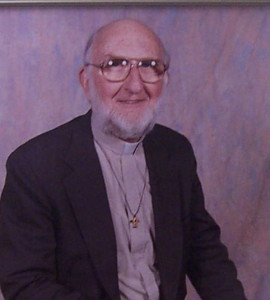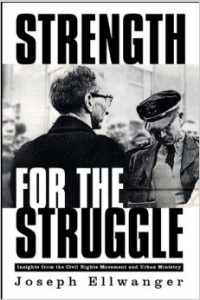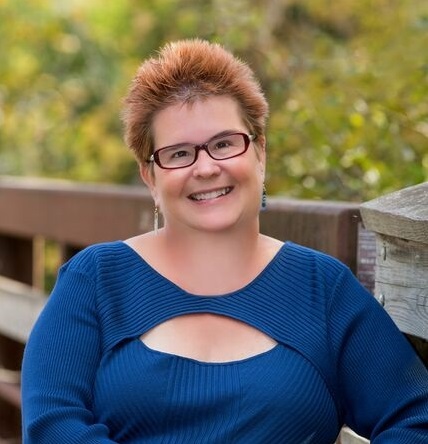 I hope that my book, Strength for the Struggle, will reward readers with a clearer vision of their own life and where it’s going, a clearer vision of our nation’s history and how significant changes for the good of the nation come about, a clearer vision of how religiously motivated persons can make a difference in this world, and a clearer vision (for people who call themselves Christian) of what discipleship and ministry in the 21st century might look like.
I hope that my book, Strength for the Struggle, will reward readers with a clearer vision of their own life and where it’s going, a clearer vision of our nation’s history and how significant changes for the good of the nation come about, a clearer vision of how religiously motivated persons can make a difference in this world, and a clearer vision (for people who call themselves Christian) of what discipleship and ministry in the 21st century might look like.
Three stories, among many, in my book are stories of risk and reward. In the preface and in the last chapter I tell the story of an African American teenage girl in my congregation in Birmingham, Alabama, Carolyn Freeman, who risked a Sunday evening fellowship with white teenagers in Tuscaloosa, Alabama, in 1961. Four days later she and I and the other black teenage girl who participated in that risky Sunday evening fellowship, were threatened by the KKK via a phone conversation, after the KKK had beaten the intern host pastor in Tuscaloosa and burned a cross on the lawn of the church. When I asked her whether she was afraid, she responded: “I’m more ashamed than afraid. I’m ashamed that others have suffered so much for the freedom of our people and all people, and I have suffered so little.” Carolyn was rewarded, after she took the initial risk. She was rewarded with a deeper faith, a clearer vision of her own life, and with a courage that trumped the threat of the KKK.
 Another key story in the book is the story of 72 white Alabamans in their march in Selma, Alabama, in solidarity with the SCLC (Southern Christian Leadership Conference) and their two-month-old campaign for a strong voting rights act. The action was on March 6, 1965, the day before Bloody Sunday. Southern whites had never supported the civil rights movement in the 1960s in the form of such a public group demonstration. Every participant in the march had some level of fear and anxiety as to what might happen during and after the demonstration–arrest, KKK attack, retaliation upon returning home. It was a scary moment. And some of them did experience loss of job, threats, alienation. But they were rewarded. Rewarded with a deeper sense of purpose, with the assurance that they had contributed to a significant historical change, with a new understanding of what it means to “live for the other.”
Another key story in the book is the story of 72 white Alabamans in their march in Selma, Alabama, in solidarity with the SCLC (Southern Christian Leadership Conference) and their two-month-old campaign for a strong voting rights act. The action was on March 6, 1965, the day before Bloody Sunday. Southern whites had never supported the civil rights movement in the 1960s in the form of such a public group demonstration. Every participant in the march had some level of fear and anxiety as to what might happen during and after the demonstration–arrest, KKK attack, retaliation upon returning home. It was a scary moment. And some of them did experience loss of job, threats, alienation. But they were rewarded. Rewarded with a deeper sense of purpose, with the assurance that they had contributed to a significant historical change, with a new understanding of what it means to “live for the other.”
A third story–actually a series of stories–is the story of Cross Lutheran Church, Milwaukee, as it took the risk of becoming a Sanctuary congregation, as it blessed gay and lesbian marriages, as it rebuilt after a devastating fire. It risked losing members. It risked losing financial resources. But it was rewarded with a clearer vision of its mission. And it attracted new members who wanted to identify with a faith community that was willing to take risks for justice and for the sake of the Gospel.


